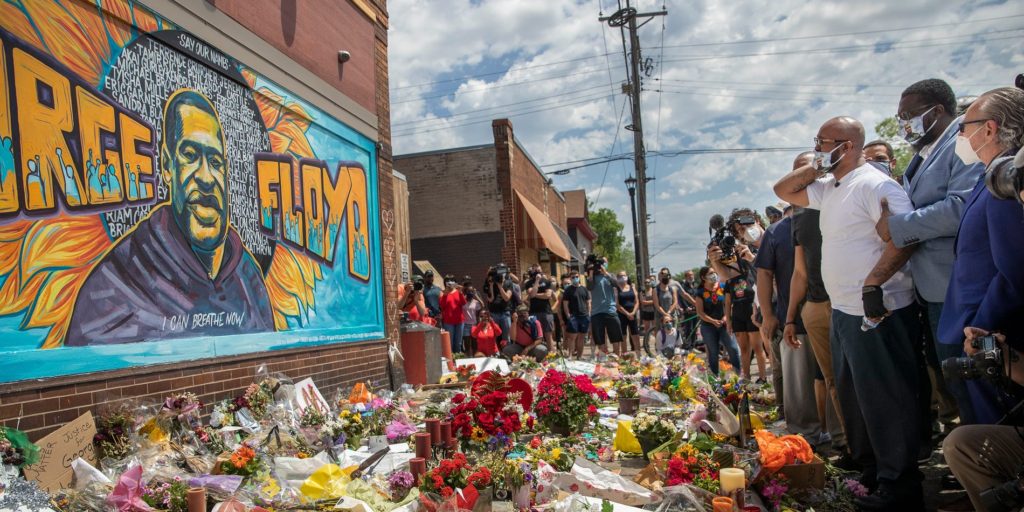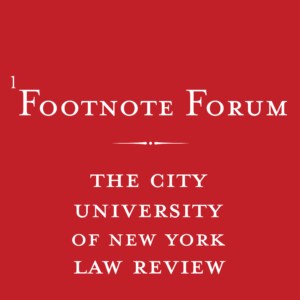We are excited to publish Volume 24.1, see below for specific articles:
Introduction: Editors’ Note
Articles
Marginalizing Mothers: Child Maltreatment Registries, Statutory Schemes, And Reduced Opportunities For Employment by Colleen Henry and Vicki Lens
Public Interest Practitioners Section (PIPS)
The Court Of Appeals Should Abandon The Corroboration Rule Governing The Admissibility Of Expert-Identification Testimony by Matthew Bova
Movement Lawyering During A Crisis: How The Legal System Exploits The Labor Of Activists And Undermines Movements by Tifanei Ressl-Moyer, Pilar Gonzalez Morales, and Jaqueline Aranda Osorno
Notes and Comments
How The Fallout From Post-9/11 Surveillance Programs Can Inform Privacy Protections For Covid-19 Contact Tracing Programs by Emma Mendelson
Lawyering In The Wake: Theorizing The Practice Of Law In The Midst Of Anti-Black Catastrophe by James Stevenson Ramsey
Coronavirus Aid, Relief, And Economic Security For Whom? IRS Overreaches In Denying Cares Act Economic Impact Payments To Migrant Workers And Incarcerated Individuals by Justin Schwegel


